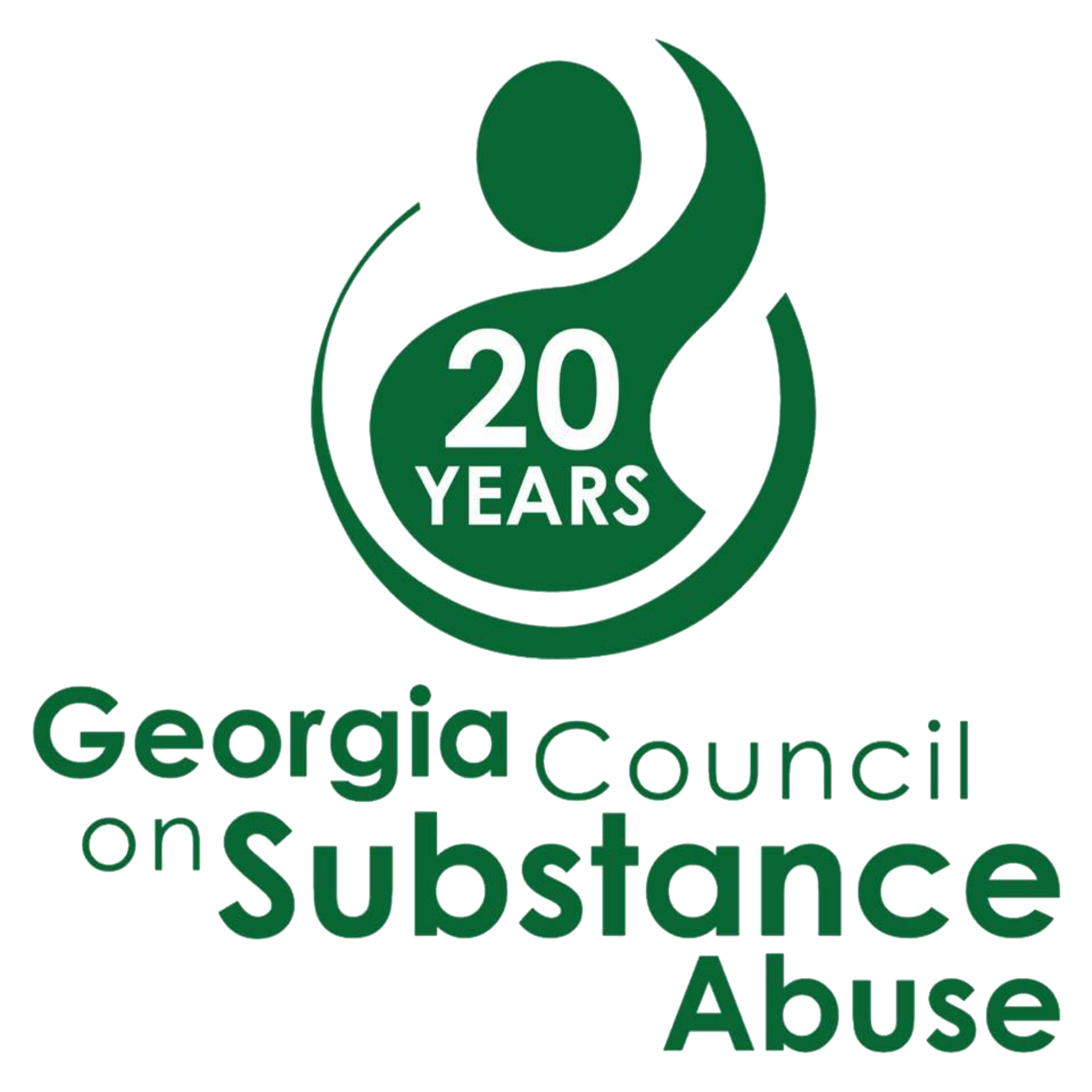Funding Restored to Addiction Support Centers
“If you’re not at the table, you’re probably on the menu.” Eleven years ago I learned that hard lesson when as a newly-minted advocate for addiction recovery, I watched the budget for prevention and treatment services get decimated. In 2009, state-funded prevention services were virtually eliminated and substance use disorder treatment capacity was reduced by 33% for adolescents and 24% for adults. Testifying before the legislature that year was an exercise in futility. No one was listening, minds were made up.
During one hearing, as I was talking about how the funding cuts would result in more prescription overdoses and less people getting into care for methamphetamine dependency, I looked up and saw that no one was paying attention. I set down my prepared remarks and took a deep breath. Remaining calm, I stated that no matter what they did or did not do, someone was going to get the help they needed today by another person who walked that same path. Someone in recovery was going to show up for someone seeking recovery and they both were going to be better for it. There are literally thousands of people in recovery in our communities who are willing and able to help others get and stay well.
I walked away from that hearing and that legislative session resolved to use my experience in recovery as a beacon for others, to build on the leadership shown by the Georgia Mental Health Consumer Network in their certified peer specialist program to create a parallel program for people in addiction recovery.
It took a couple of years, but in my capacity as executive director of the Georgia Council on Substance Abuse (GCSA) in partnership with the Department of Behavioral Health and Developmental Disabilities (DBHDD), we created the Certified Addiction Recovery Empowerment Specialist (CARES) program and built a peer workforce across our State.
There are now 750 CARES in Georgia and we work in a variety of capacities across the behavioral health delivery system, using our lived recovery experience to help others. In 2018, the General Assembly appropriated $4 million to develop peer-run recovery community organizations that engage individuals seeking recovery, educate local communities, and advocate for a system that works for everyone. Sixteen community-based programs, operated by people with lived recovery experience are currently funded out of this appropriation, serving over 3,800 individuals and providing close to 14,000 peer services and educational activities per month.
The 2020 legislative session was interrupted by COVID-19 and as expected, state revenue plummeted. When the Session reconvened, the state was facing historic cuts in funding for FY21. Initially, it appeared that history would repeat itself and addiction recovery would face devastating cuts. But this year, things were different. This year, people in recovery had a voice. GCSA worked with Representative Erick Allen and Senator Randy Robertson to establish the bi-partisan General Assembly Working Group on Addiction and Recovery. GCSA convened weekly “recovery town hall” meetings, we were at the Capitol and in key districts, we organized the recovery community, honed our message and built a strong statewide coalition with a united voice that said “we’re in recovery and we can help”.
On top of the usual challenges people with substance use disorders face on a daily basis, COVID-19 created an environment ripe for substance use disorders and mental health challenges to worsen exponentially. Those of us in recovery have seen the effects of this first hand in the people we love and serve. We have experienced and have lived the epidemic within the pandemic. We knew what was on the horizon for our peers if we didn’t fight with everything we had. This time, we were prepared for the fight.
In years past, being in recovery meant anonymity. Today, thousands of us are talking about our recovery, standing up in our communities to demonstrate the benefits of our lived experience so others know recovery is possible. Speaking out about recovery has made a difference. We have an identity. We have demonstrated we are the mosaic that is Georgia. We fight to ensure that all people with substance use disorders and mental illness receive lifesaving care, treatment, and information. This year, we spoke up and we were heard. This year, we showed that recovery is real.
Neil Campbell, Executive Director
Person living in recovery for 30 years
June 30, 2020

